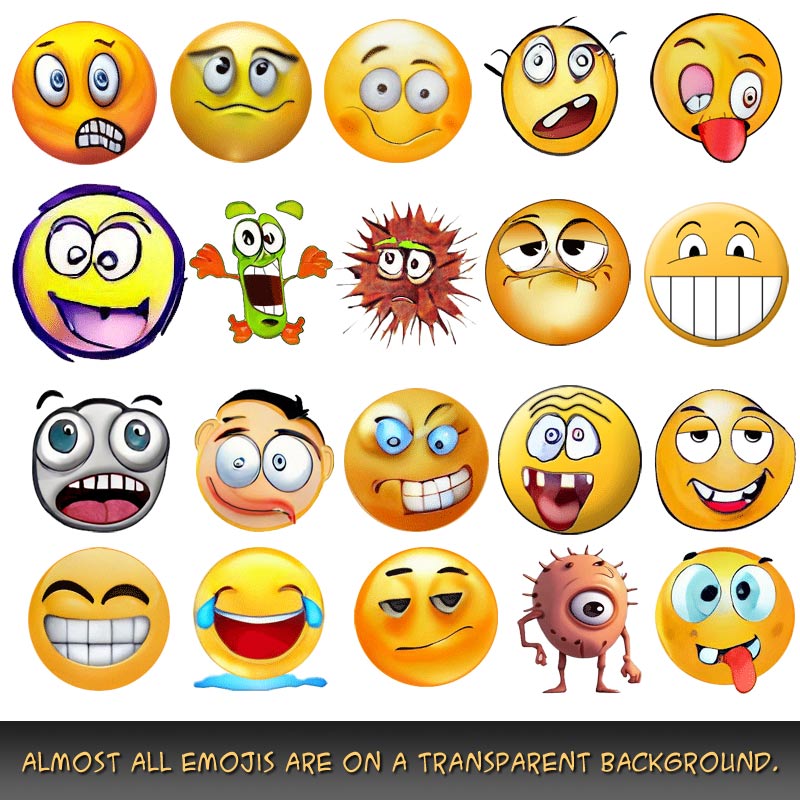Nothing is for sale here. Freewill tips keep the site running. Want to help? → Tip via Paypal
The No Price Curiosity Tactic
Have you ever been on a salespage that describes a product without showing the price? Where the only way to determine the cost is to click the buy button to see the price in the shopping cart.Curiosity is a powerful thing. In person, people often won’t ask the price. They don’t want to be embarrassed by admitting they can’t afford it—but, naturally, they still want to know what the price is to satisfy their curiosity.
Online their privacy is preserved, so all they have to do is click the buy button to see the price. No embarrassment that way, so many folks will scratch that itch. They often expect a high price, and can be pleasantly surprised if your price is nicely less than they expected.
Even if they thought they were only clicking to see the price, many have thoughts like:
- Oh, that isn’t a bad price.
- Wow, I thought it would be a lot more.
- Hey, that’s pretty reasonable.
It’s like greasing the sales slide. It isn’t a big jump to go from those kinds of thoughts to deciding to make the purchase.
The reality is, if your sales copy and product generate enough positive interest, a percentage of your potential customers will click the order link just to see how much it costs. And if the price is a pleasant surprise, many will buy—even some who may not have bought had the price been openly advertised.
This tactic can have a negative effect as well. If the price is significantly more than they expect most will leave without buying, so the key is to have a good idea of what the average price expectation would be. You can discover this by taking a poll or by analyzing the competition.
There is also a danger in pricing it too cheaply. If someone is expecting a price in the $47 to $67 range and you’re asking $7 without an explanation as to why it’s so cheap, many will think the quality isn’t good or it has some other flaw.
Will this tactic net more sales than the same page with the price on display? You won't know until you test it. It will work better for some products than others. I suspect it will work better in some markets than others as well, but since this is the only market I've been in, that's just a suspicion.





